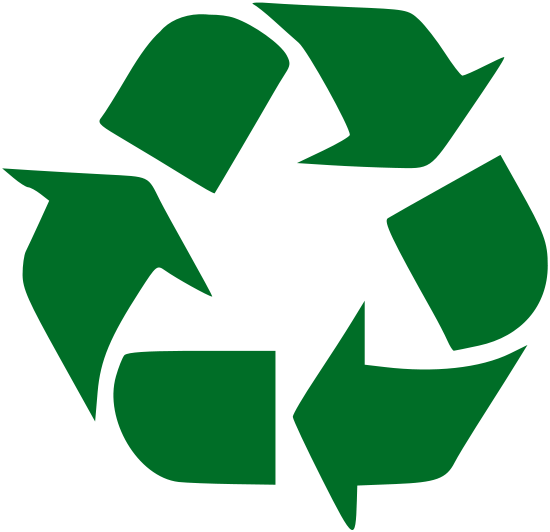
So why don’t people recycle more? That’s up for debate and discussion. But one thing that can’t be denied is how valuable recycling really is, both in terms of energy conservation and preserving the world’s natural resources. Just how does recycling save energy and resources?
- It always takes more energy to create a new product from virgin materials than it would to make a particular product from recycled materials. Take aluminum cans, for instance – it takes 95 percent less energy to produce these cans from recycled aluminum scraps than it would to create them from brand new aluminum.
- Paper is another great example of how recycling can conserve energy and natural resources. Consider that one ton of recycled paper can save almost twenty 30-foot tall trees, 7,000 gallons of water, almost 400 gallons of oil and over 4,000 kilowatt hours of energy. And that’s not even considering the 60 pounds of air pollutants that are created in the paper production process based on this amount. About 40 percent of all trash is paper – just think of the energy, oil and trees that could be saved if that were all to be recycled.
- It’s estimated that 2.5 million plastic bottles are thrown out by Americans every hour! And plastic is perhaps the most valuable recyclable material of them all. Recycled plastic can be turned into a variety of products, such as insulation, carpeting, auto parts, figures and literally thousands of other parts – just think about how many things in your home are made from plastic. A ton of recycled plastic saves over 16 barrels of oil, 5,700 kilowatt hours of energy and about 30 cubic yards of area in a landfill.
Remember, 75 percent of all waste is recyclable, so consider this next time you reach for the trash bin and see if you can play a small, yet vital, role in saving energy, the environment and the resources given to us by Mother Nature.






